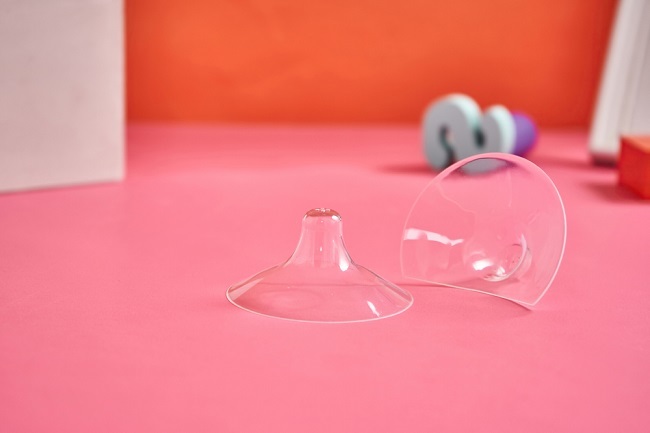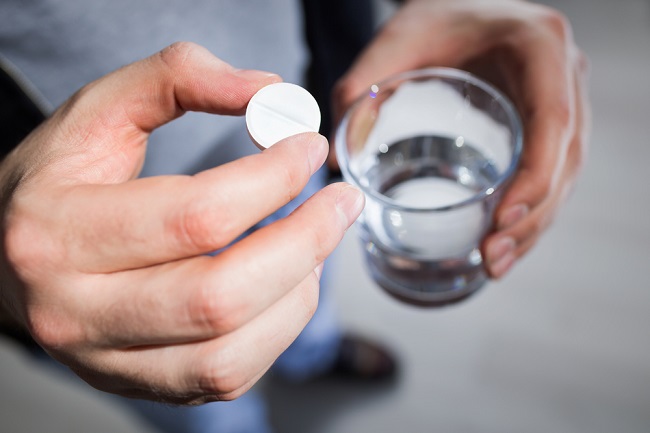Colesevelam is a drug to lower bad cholesterol or cholesterol levels low-density lipoprotein (LDL). This drug can also be used to lower blood sugar levels in people with type 2 diabetes.
Colesevelam lowers the amount of bad cholesterol by binding to bile acids, preventing their reabsorption, and expelling them through the digestive tract. That way, the liver will use blood cholesterol to form bile acids, and cholesterol levels will be reduced.

In order for treatment to be more effective, people with high cholesterol must also adopt a healthy lifestyle, including a low-fat diet and regular exercise.
Colesevelam trademark:-
What is Colesevelam
| group | Prescription drugs |
| Category | Bile acid binder |
| Benefit | Helps lower LDL levels and lower blood sugar levels in people with type 2 diabetes |
| Consumed by | Mature |
| Colesevelam for pregnant and lactating women | Category B: Animal studies have not shown any risk to the fetus, but there are no controlled studies in pregnant women. Colesevelam is not absorbed into breast milk. However, breastfeeding mothers are advised to still consult a doctor before using this drug. |
| Drug form | Powders and tablets |
Precautions Before Taking Colesevelam
Before taking this drug, you need to pay attention to the following:
- Do not use cosevelam if you are allergic to this medicine. Tell your doctor about any allergies you have.
- Tell your doctor if you have diabetic ketoacidosis, intestinal obstruction, very high triglyceride levels, or pancreatitis due to hypertriglyceridemia. Colesevelam should not be used by these patients.
- Tell your doctor if you have difficulty swallowing (dysphagia), have or have recently had surgery on the digestive tract, or are deficient in fat-soluble vitamins, such as vitamins A, D, E, K.
- Colesevelam should not be used in patients under 10 years of age and girls who have not had their periods.
- Tell your doctor if you are pregnant, breastfeeding, or planning a pregnancy.
- Tell your doctor if you are taking certain medications, supplements, or herbal products.
- See a doctor immediately if there is an allergic reaction to the drug or an overdose after using
Colesevelam Dosage and Directions for Use
The dose of colesevelam will be determined by the doctor according to the patient's condition and the dosage form of the drug. In general, the following is the dosage of colesevelam in the treatment of high cholesterol or type 2 diabetes mellitus according to the dosage form of the drug.
The dose for adults is 1.875 grams or the equivalent of 3 tablets, 2 times a day. The alternative dose is 3.75 grams or the equivalent of 5 tablets, 1 time a day.
How to Consume Colesevelam Correctly
Follow the doctor's advice and read the information listed on the medicine package before taking colevelam. Do not reduce or increase the dose without consulting your doctor first.
Colesevelam can be taken with food. Try to take the drug at the same time every day for maximum treatment.
Swallow Colesevelam tablets whole with the help of a glass of water. Do not chew or crush the tablet
Dissolve the powdered colesevelam into the drink. This medicine should not be taken in dry form. Consume drinks that have been mixed with drugs until they run out, in order to get the right dose.
If you are taking supplements or other medications, take them at least 4 hours before taking cosevelam.
While you are taking colesevelam, your doctor may ask you to have regular blood tests. Follow the examination schedule that has been determined by the doctor.
If you forget to take Colesevelam, it is advisable to take it immediately if the gap between the next consumption schedule is not too close. If it is close, ignore it and do not double the dose.
Store Colesevelam in a dry place away from direct sunlight. Keep this medicine out of reach of children.
Colesevelam Interactions with Other Drugs
The following are some drug interactions that can occur when colesevelam is used with other drugs:
- Decreased effect or levels of warfarin in the body
- Decreased blood concentrations of ciclosporin, phenytoin, glibenclamide, ethinyl estradiol, or norethindrone
- Decreased absorption of vitamins A, D, E and K in the body
Colesevelam Side Effects and Dangers
Some of the side effects that can occur after taking Colesevelam are:
- Constipation
- Stomach pain or heartburn
- Headache
- Back pain
- Muscle ache
Consult a doctor if the side effects above do not subside immediately or are actually getting worse. You need to see a doctor immediately if you experience an allergic drug reaction or more serious side effects, such as:
- Nausea or vomiting
- Severe stomach ache
- Difficulty swallowing
- Easy bruising or unusual bleeding









